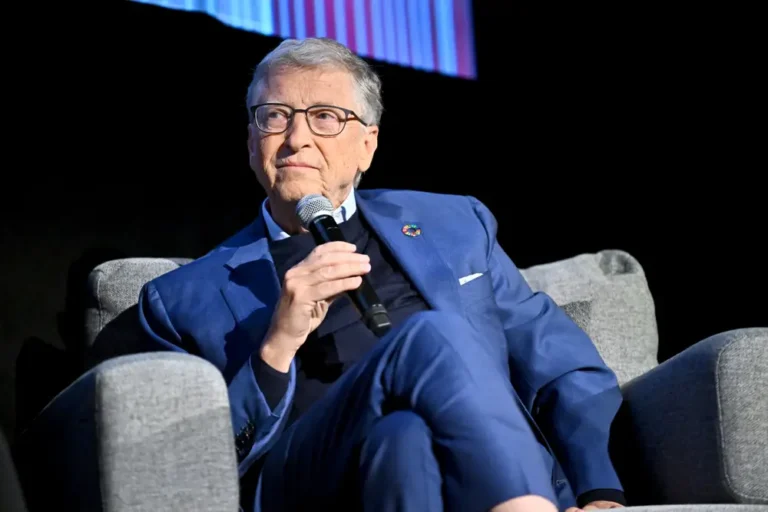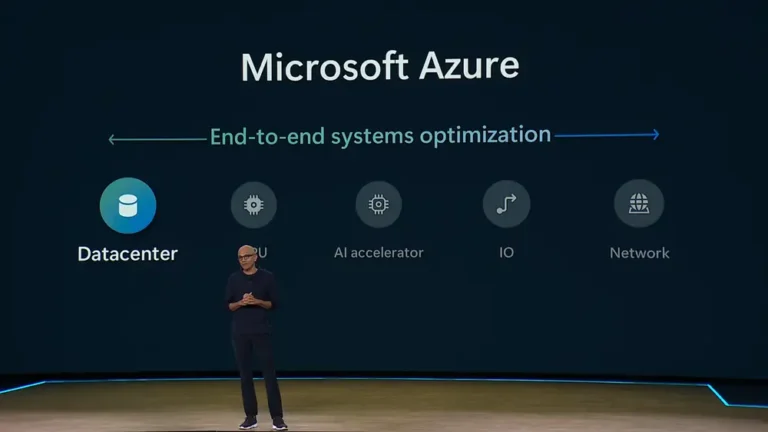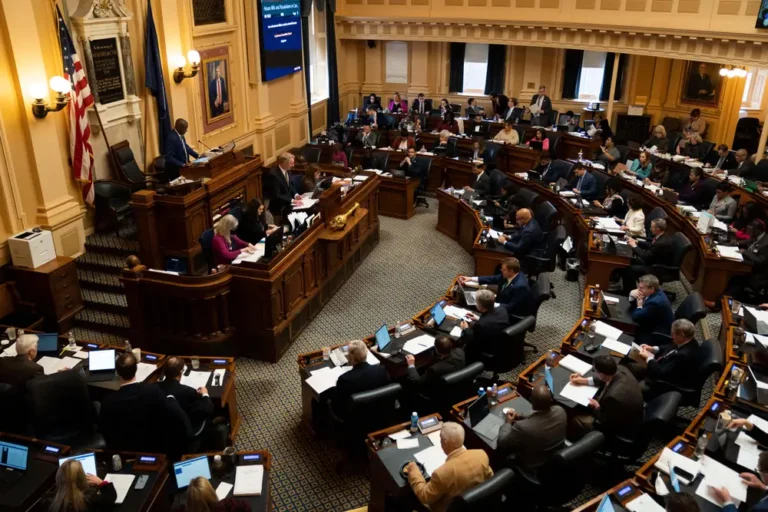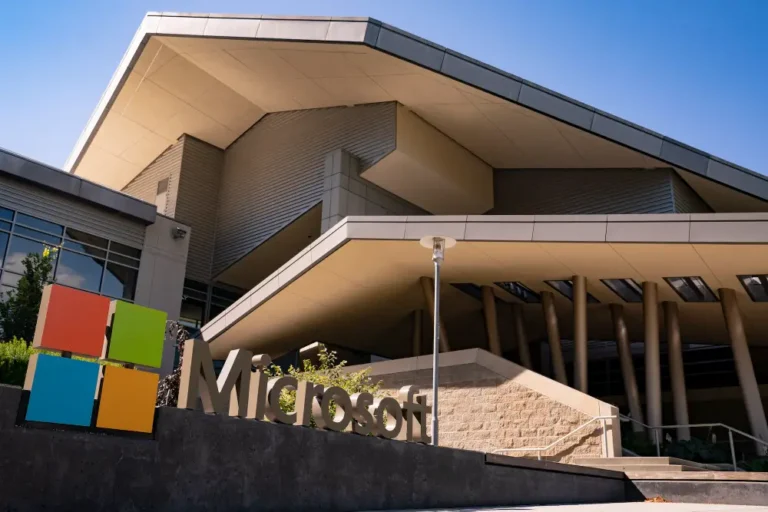Robinhood is cutting jobs, reorganizing teams, and focusing on credit cards to solve a shrinking user base, insiders say

- Robinhood in June announced plans to acquire no-fee credit card startup X1 for $95 million.
- Insiders say credit cards are a new focus as Robinhood tries to address a shrinking user base.
- The company has had ongoing layoffs and is reorganizing internal teams as part of the pivot.
According to insiders, Robinhood is laying off more employees and reorganizing teams as part of a new focus on credit cards as the company tries to mitigate a shrinking user base.
Robinhood announced plans to buy no-fee credit card startup X1 for $95 million in June. According to sources, the company intends to merge X1 with its Robinhood Money subsidiary, which focuses on cash management and spending features of the app such as its debit card, direct deposit, and peer-to-peer payments. Credit cards have much higher margins than stock trading and are less vulnerable to volatile markets.
A Robinhood spokesperson confirmed after publication that as a result of the acquisition, Robinhood made internal changes and laid off a very small number of the 60 employees who joined Robinhood since the acquisition. According to the spokesperson, the company is still hiring and has 200 open positions.
The changes are being implemented as Robinhood attempts to address a declining user base. Monthly active users fell by 400,000 to 10.6 million between July and August, according to the company.
“This has been causing a bit of panic within executive leadership,” one source said, adding that X1 is Robinhood’s “latest pivot to try to get out of that rut.”
According to the person, the company’s most recent all-employee meeting focused on X1 and Robinhood’s future in credit cards.
According to an internal memo obtained by Insider, Robinhood laid off 150 full-time employees in three organizations in June: customer experience and platform shared services, customer trust and safety, and safety and productivity. The layoff was widely publicized, but audio from an all-hands meeting reviewed by Insider recently revealed that ongoing cuts were deeper.
It’s unclear when the company’s most recent layoffs occurred. Posts on a private group on the tech-industry chat app for people with a Robinhood.com email address. According to screenshots obtained by Insider, Blind suggests layoffs as recently as Thursday.
JPMorgan analysts said in a research note last week, after Robinhood released its monthly metrics report for August, that performance “seems to once again prove that retail is generally less active in weaker markets as both client engagement and client returns struggled in August.” However, according to the analysts, user engagement is generally lower in August.
Robinhood, based in Menlo Park, California, has been diversifying its operations for several years. It paid $140 million for Say Technologies, which connects companies with retail shareholders, in 2021.
“We began by trading and investing. But, more recently, we’ve been assisting customers with their full range of financial needs,” Robinhood CEO and cofounder Vlad Tenev said this week at a TechCrunch event. Tenev stated that he hopes to allow people to not only trade stocks, but also “help you save for retirement.” And we can assist you in establishing an emergency fund.”
Robinhood shares fell nearly 4% on Thursday, while the S&P 500 fell nearly 2%. Robinhood stock has dropped 72% since its initial public offering two years ago.






